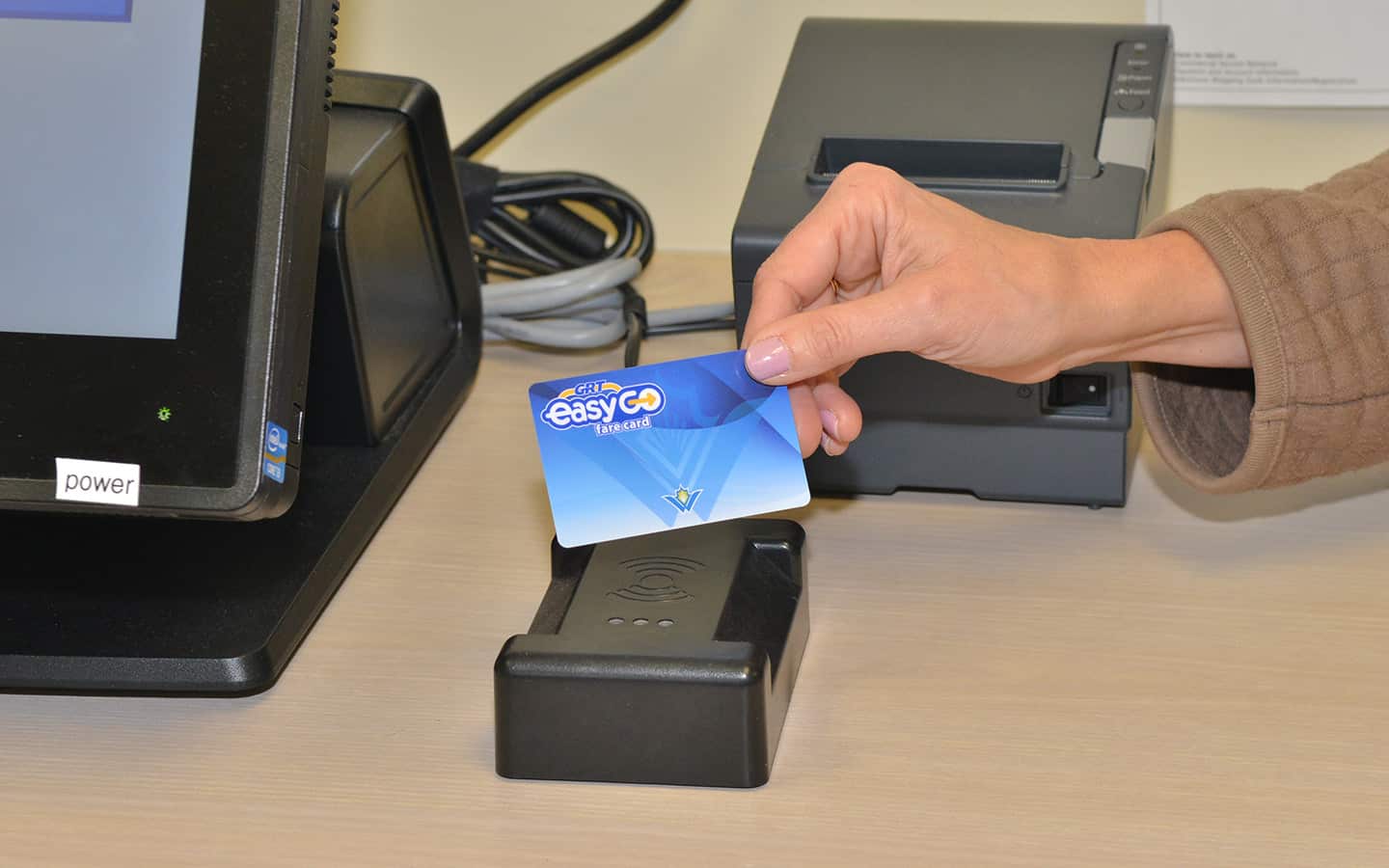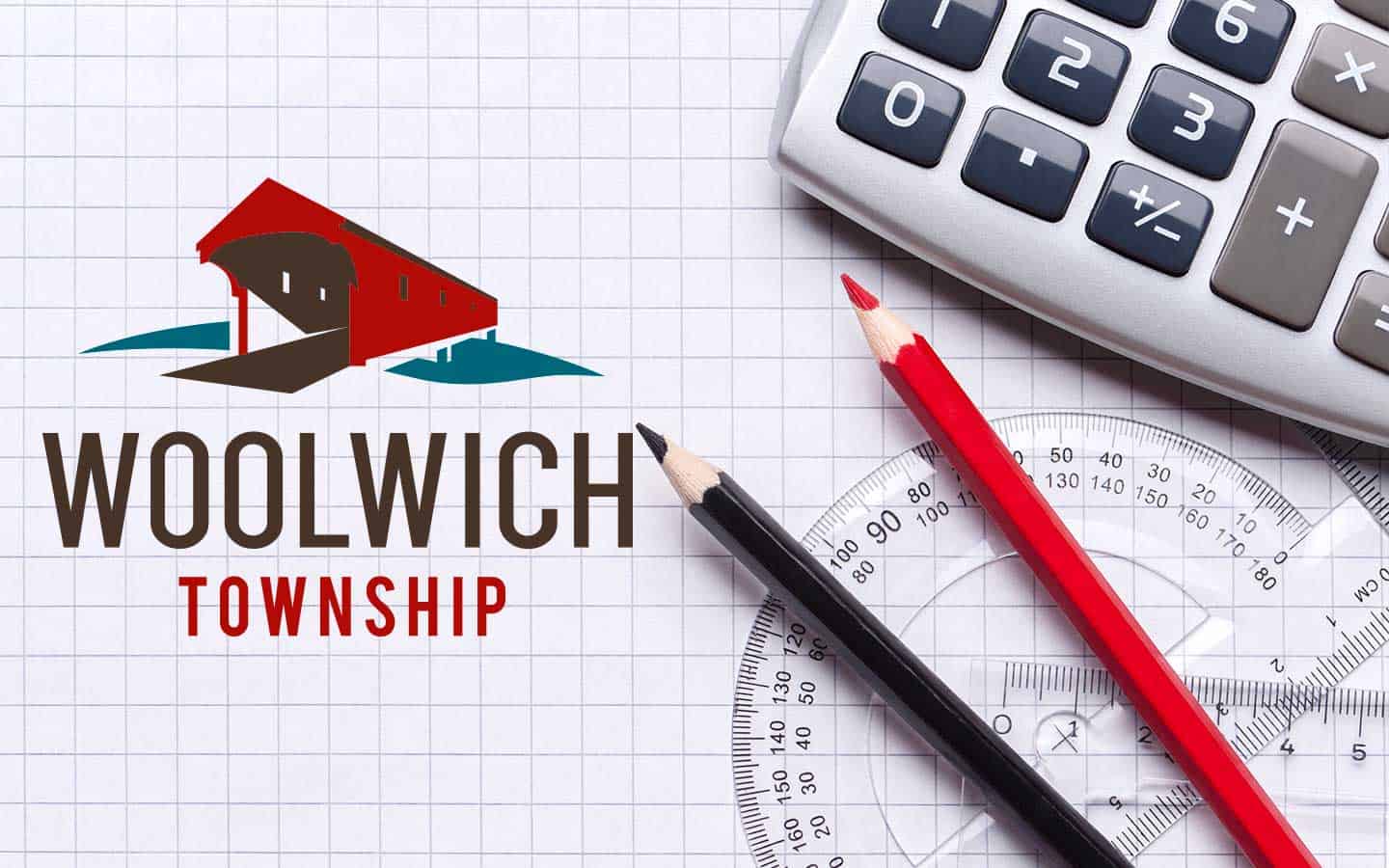It’s not until after the holidays that we realize just how wasteful they can be, in the literal sense, as garbage bags, recycling boxes and green bins fill to overflowing.
Changes are coming to the packaging and recycling industries, but that won’t be reflected at area curbs later this month when extra bags and evergreen trees get put out for collection.
Zero Waste Canada estimates Canadians generate 545,000 tonnes of waste from giftwrapping and shopping bags each year, along with six million rolls of tape used to wrap presents, part of a 25 per cent increase in household waste that comes with the holiday season.
In Waterloo Region, dealing with that extra stream of garbage falls to director of waste management Jon Arsenault’s department. It’ll be business as usual this year, but he’s now involved in the provincial consultation process launched this month to implement what’s known as extended producer responsibility. The goal is to make industry pay the full costs of recycling packaging materials, standardizing what’s collected under the Blue Box programs Ontario-wide.
Announced earlier this year, the switch would see producers taking full responsibility in a three-year phase-in between 2023 and 2025. The consultation process that started with meetings this week gets things rolling.
It’s early days, notes Arsenault, with many details to be worked out. The province is looking to have a framework in place by the end of the year or early in 2021.
The region is taking part in municipal workshops hosted by the province, part of the consultation process. Two other parallel groups, one for the producers and the other for those involved on the processing side of recycled goods, will meet separately before coming together closer to the May 2020 timeline for a policy paper to be released, he said.
At that point, there will be more details, Arsenault surmises.
“They’re working on a specific framework. It’s definitely very complex.”
The working group for producers involves representatives from businesses that design and make the products and packaging that go in the Blue Box, such as brand-holders, manufacturers, and relevant trade associations. The working group for municipalities involves representatives from the municipal sector, which currently deliver Blue Box services and the working group for the circular economy sector involves the waste management industry and companies that use Blue Box materials to manufacture packaging, explained Marc Peverini, a senior policy analyst with the Resource Recovery Policy Branch of the Ministry of the Environment, Conservation and Parks.
“Members of these working groups were chosen to represent a broad cross-section of stakeholders who have interests in the new producer-led Blue Box system,” he said in an email.
The region, as with other municipalities, has welcomed the transition to producer-pay, as taxpayers are currently on the hook for half of the cost of recycling programs. Along with shifting the tax burden, making the producers responsible should lead to less packaging, less waste and more standardization of packing materials to make them recyclable, he said.
That’s the position staked out by Jeff Yurek, minister of the Environment, Conservation and Parks, in announcing the Blue Box shifts and calling for the launch of the consultation stage.
“Transitioning the Blue Box Program to full producer responsibility will promote innovation and increase Ontario’s recycling rates while saving taxpayers money,” he said in a statement. “This shift is a big step towards diverting waste, addressing plastic pollution and creating a new recycling economy that everyone can be proud of in Ontario.”
While the details have yet to be worked out, the region has been making some changes of its own in anticipation of the new policy. Among them, aligning its current waste management contracts to fall within the 2023-2025 timeline.
With the curbside collection contract running until March 24, the region recently extended two other contracts to match that timeline: a deal with Niagara Region to take fibre material (paper, boxboard) that had been scheduled to expire in 2020, and one with GFL, which runs the recycling centre at the landfill site, which had been set to expire the following year.
The moves were made so that the region isn’t constrained by contracts during the transition period, Arsenault explained.
“We have contracts coming up in that three-year window – we’re doing our best to position ourselves for the changes.”
The municipality is also about to launch an analysis of all the options and scenarios that could play out, from the region getting completely out of the recycling business to essentially a status quo, with full funding coming from producers to pay for the existing services.
“We’re going to look at all the potential outcomes,” he said.









